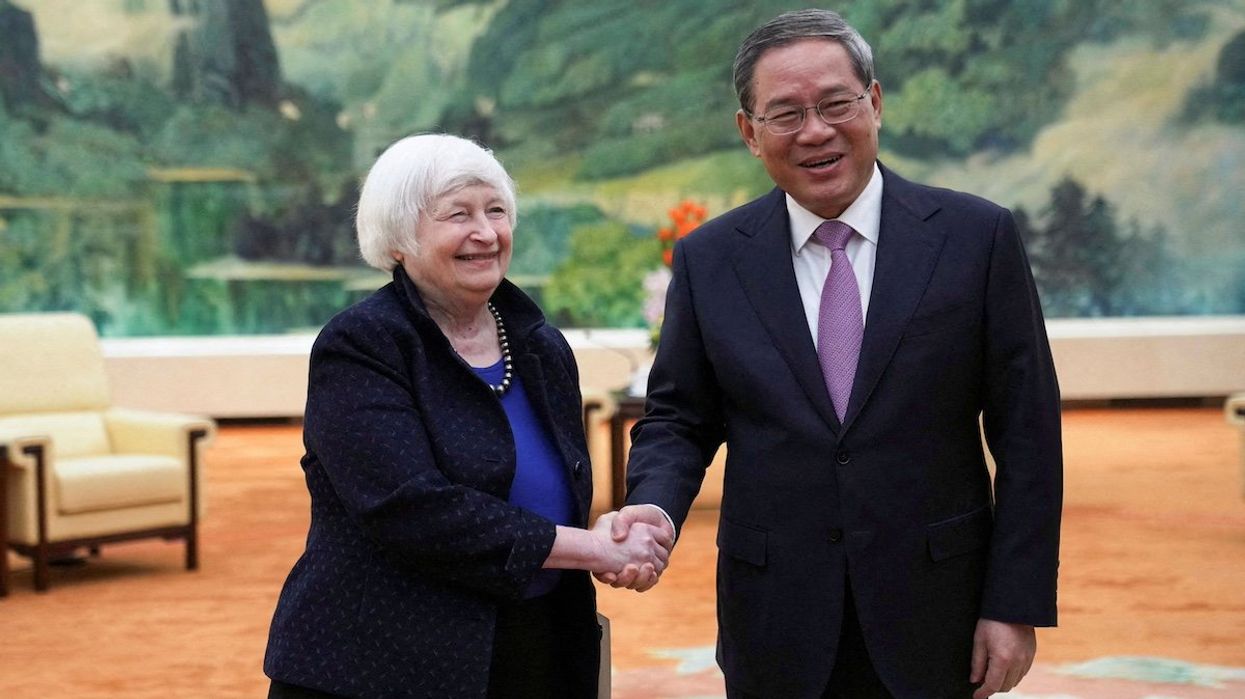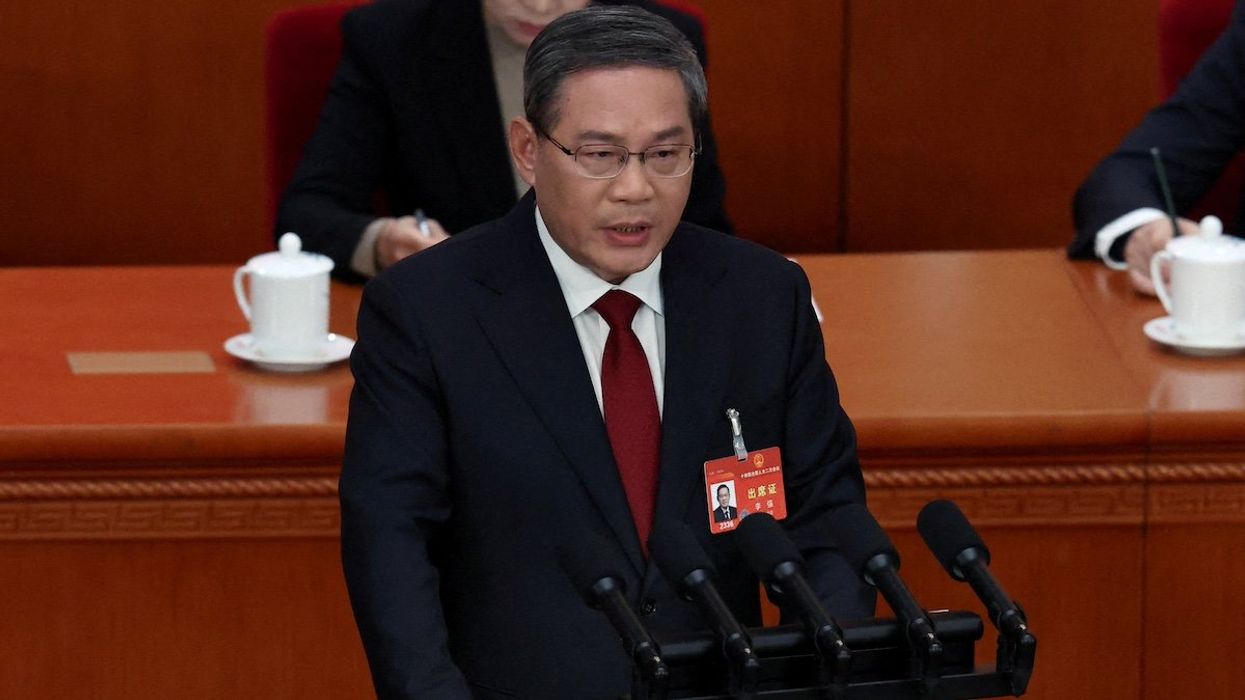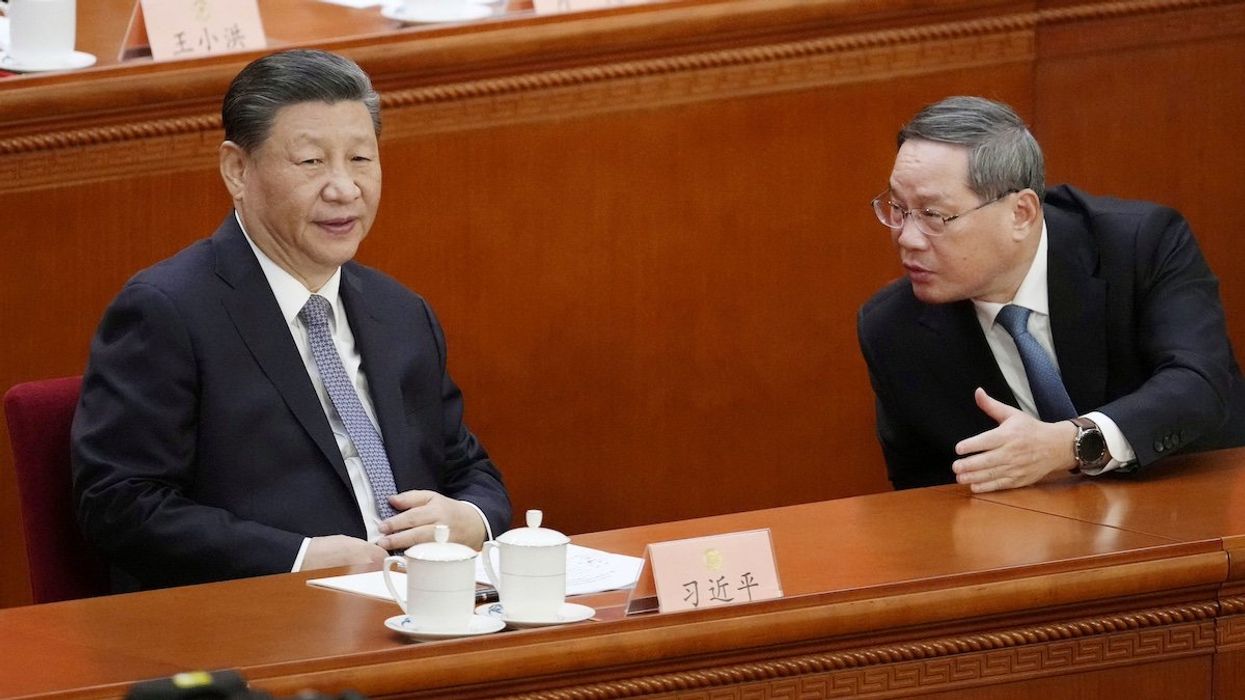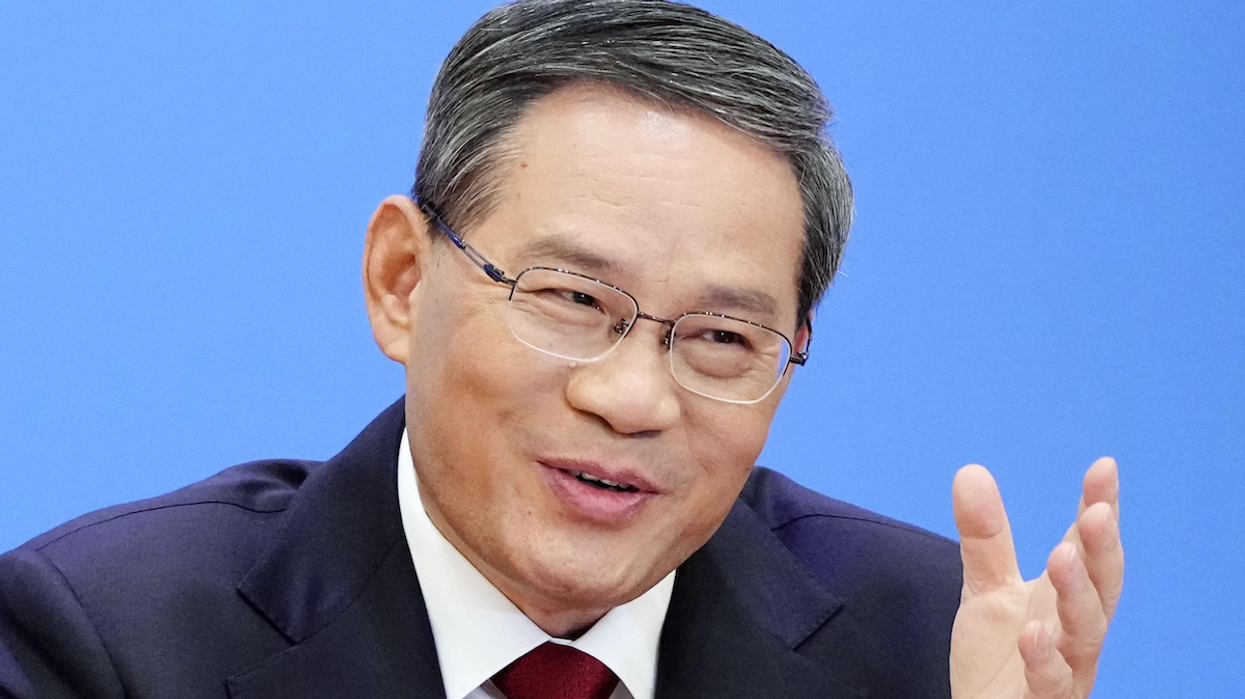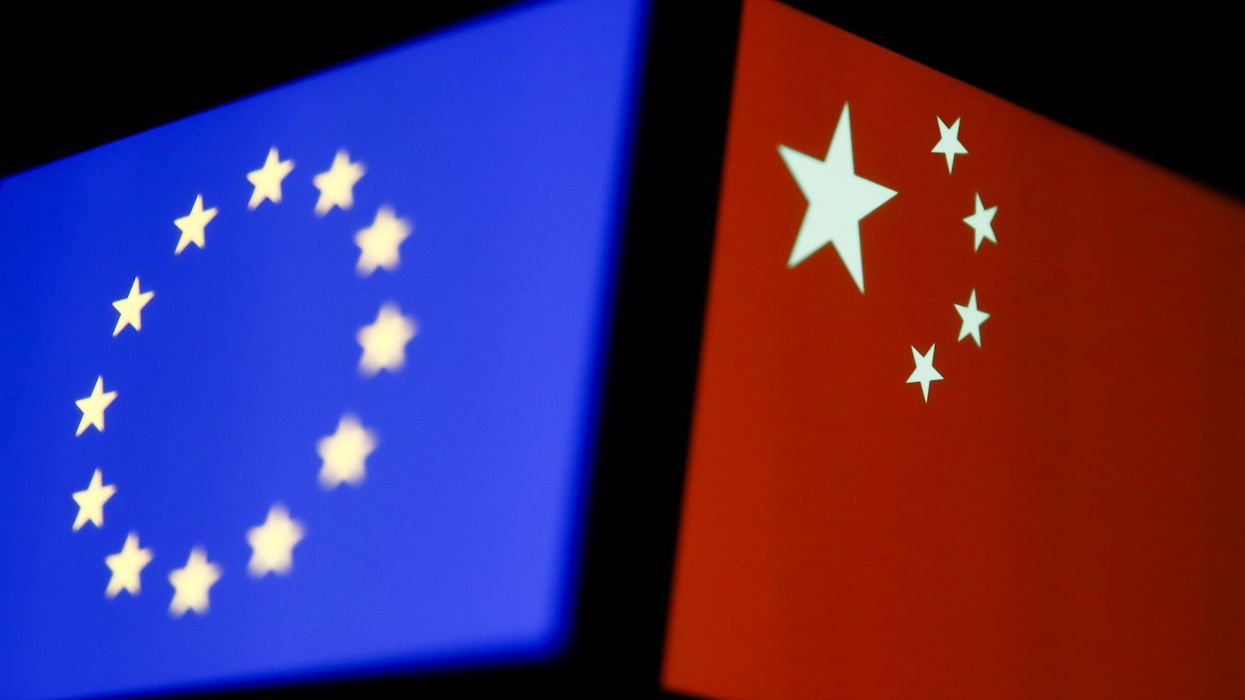What We're Watching
EVs, economics, and a warning from Yellen in China
During her weekend visit to Beijing and Guangzhou, US Treasury Secretary Janet Yellen emphasized that the US-China relationship is on a "more stable footing" – but there are still imbalances to address.
Apr 07, 2024
